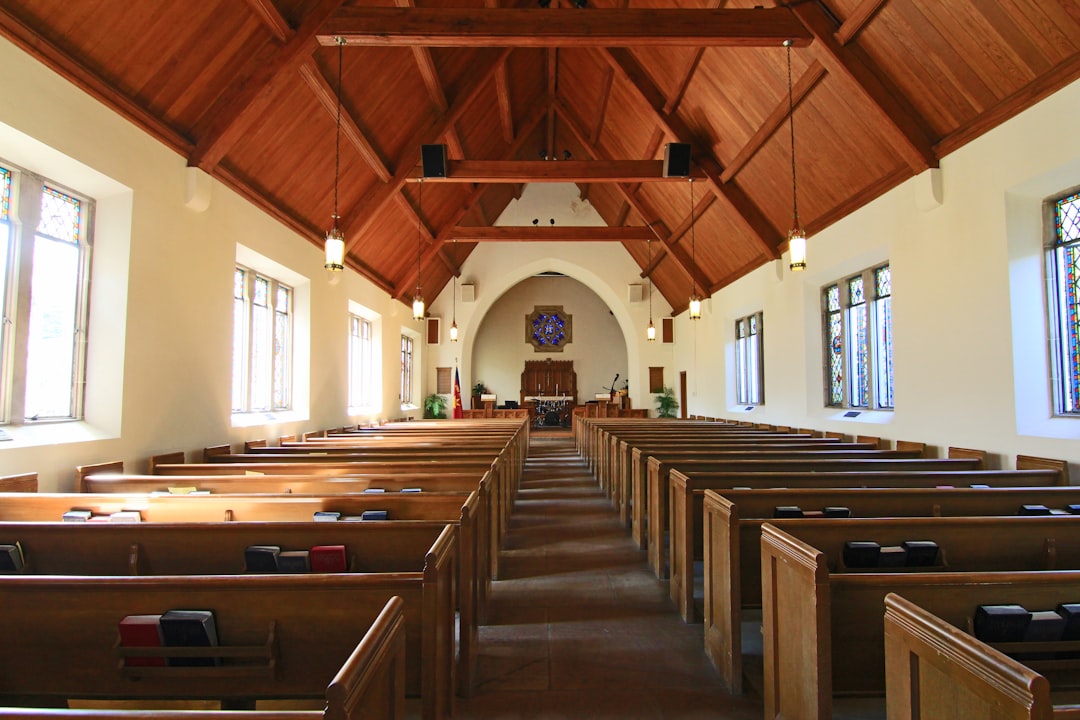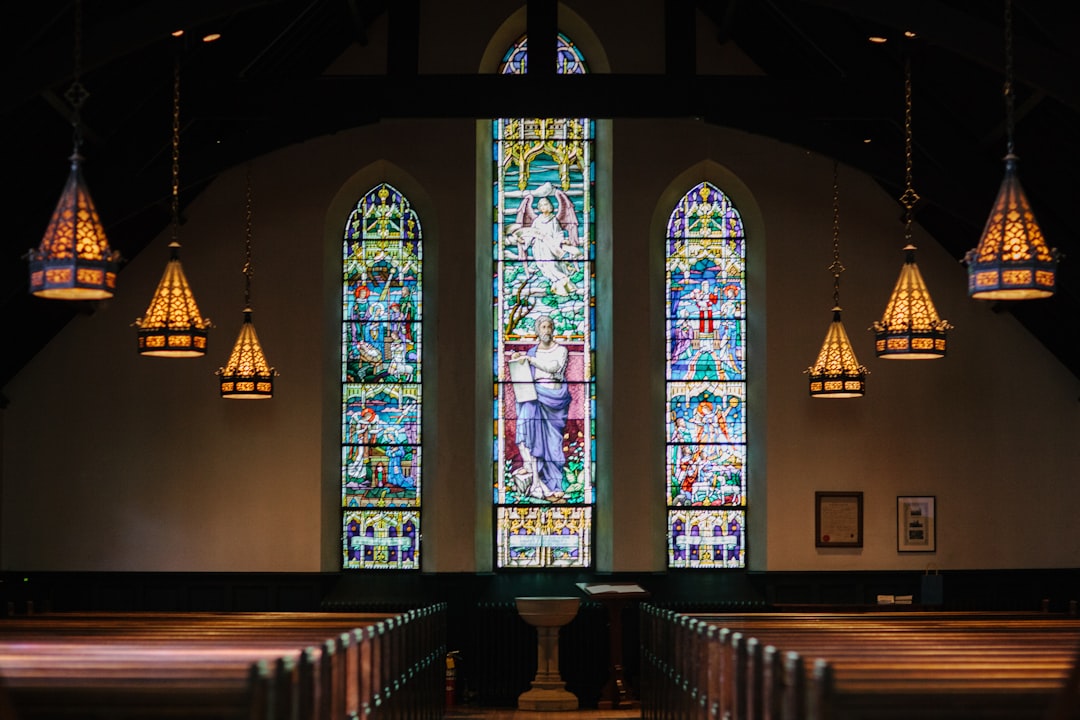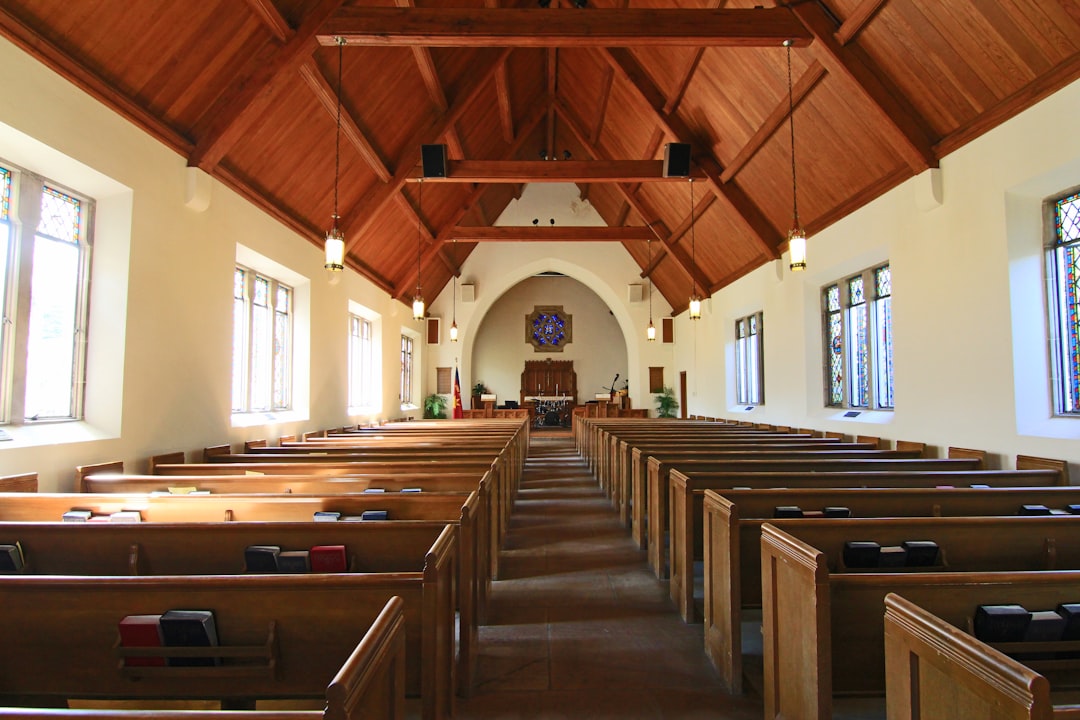In Colorado, individuals harmed by inappropriate or abusive behavior from religious leaders can seek justice through specialized clergy abuse attorneys. These attorneys handle complex cases involving sexual assault, emotional, and psychological trauma inflicted by spiritual figures. They provide vital support, navigate state laws, and ensure accountability while guiding survivors through the process. By offering strategic litigation, comprehensive services, and emotional well-being advocacy, clergy abuse attorneys Colorado help clients access resources for healing and recovery while pursuing legal action against abusers. Evidence, testimonies, support groups, and counseling services are crucial in supporting survivor safety and achieving justice.
In Colorado, as across the nation, cases of clergy abuse have brought crucial attention to the legal rights of survivors. Understanding these claims is essential, especially with the help of dedicated clergy abuse attorneys Colorado. This article explores the complex landscape, guiding readers through the legal process, evidence requirements, and available resources for those seeking justice and healing. From understanding clergy abuse claims to supporting evidence, it offers a comprehensive look at navigating this sensitive issue.
Understanding Clergy Abuse Claims in Colorado

In Colorado, clergy abuse claims refer to legal cases where individuals allege they have suffered harm due to inappropriate or abusive behavior by religious leaders or officials within their places of worship. These claims encompass a range of alleged misconduct, including sexual assault, emotional abuse, and psychological trauma inflicted by pastors, priests, rabbis, or other spiritual figures in their positions of authority. Given the sensitive nature of such cases, it’s crucial for victims to seek support from experienced clergy abuse attorneys in Colorado who specialize in handling these complex legal matters.
These attorneys play a vital role in guiding survivors through the process, ensuring they receive the justice and compensation they deserve. They help clients navigate the unique challenges that come with bringing forward a clergy abuse claim in Colorado, understanding the state’s laws and regulations pertaining to such cases. With their expertise, victims can take legal action against the perpetrators, hold them accountable for their actions, and access resources for healing and recovery.
The Role of Clergy Abuse Attorneys

In the context of clergy abuse claims in Colorado, the role of specialized clergy abuse attorneys is pivotal. These legal professionals are equipped to navigate complex legal landscapes and provide much-needed support to individuals who have suffered abuse within religious institutions. They offer a range of services, from initial consultations and case assessments to strategic litigation and negotiations with insurance companies or church authorities. Their expertise lies in understanding the unique challenges and sensitivities surrounding these cases while ensuring victims receive justice and accountability.
Clergy abuse attorneys Colorado play a crucial role in holding religious organizations accountable for their failure to protect vulnerable individuals. They guide clients through the legal process, explaining their rights and options clearly. Furthermore, they advocate for victims’ emotional and psychological well-being during what can be an extremely traumatic time. By handling these cases with sensitivity and professionalism, clergy abuse attorneys help restore a sense of safety and justice for those who have been harmed.
Legal Process for Filing a Claim

When filing a claim against a clergy member or religious organization in Colorado for abuse, it’s crucial to understand the legal process. The first step is to gather evidence and consult with experienced clergy abuse attorneys Colorado who specialize in such cases. These lawyers will guide you through the complexities of the law and help determine if your case has merit. They’ll also ensure that all necessary paperwork is completed accurately and within the statute of limitations, which varies for different types of abuse claims.
Next, they’ll file a complaint with the appropriate court, initiating the legal process. This often involves serving legal notices to the defendant(s), who may then choose to settle out of court or proceed to trial. Throughout this journey, your clergy abuse attorneys Colorado will represent you, providing legal strategies and advocacy to ensure justice is served and your rights are protected.
Supporting Evidence and Testimonies

When pursuing a claim against a cleric or religious institution for abuse, strong supporting evidence and testimonies are crucial. In cases involving clergy abuse in Colorado, victims often come forward with detailed accounts of emotional, physical, or sexual misconduct by religious leaders. These testimonies can be powerful tools, providing firsthand insights into the harm caused by the abuser.
Clergy abuse attorneys in Colorado assist clients in gathering and presenting evidence that includes medical records, counseling reports, and any available documents related to the abuse. They also help connect survivors with support networks and ensure their safety during the legal process. This comprehensive approach ensures that victims receive justice while holding perpetrators accountable.
Resources and Support for Survivors

Surviving clergy abuse can be a deeply traumatic and isolating experience. Fortunately, there are resources available to help those who have been affected. Support groups, counseling services, and therapy programs dedicated to assisting survivors of sexual abuse within religious institutions offer safe spaces to process emotions, share stories, and begin the journey of healing. These services are crucial for individuals seeking to understand and overcome their experiences, often providing a sense of community and validation.
For those considering legal action against Colorado clergy abuse attorneys can offer guidance and representation. It’s important to connect with lawyers specializing in this area, who have experience navigating complex legal systems and advocating for survivors’ rights. They can help individuals understand their options, pursue justice, and seek compensation for the harm they’ve endured. This support is vital in ensuring that survivors feel empowered to take control of their healing process and hold accountable those who have caused them pain.





